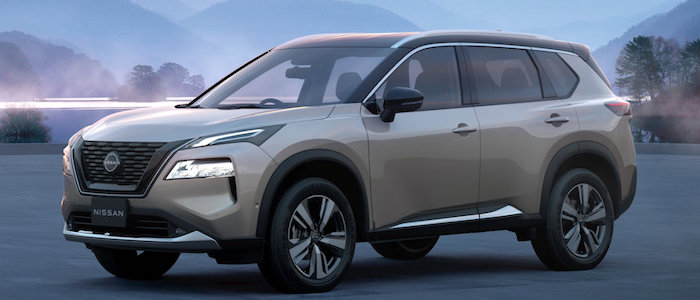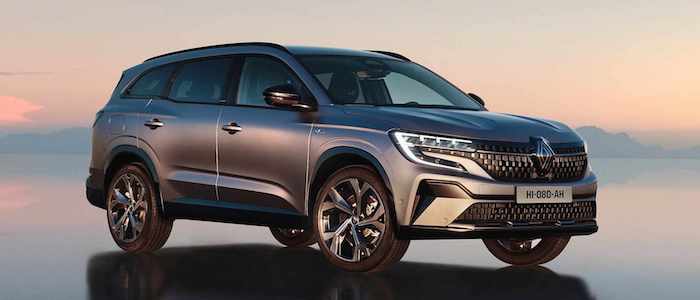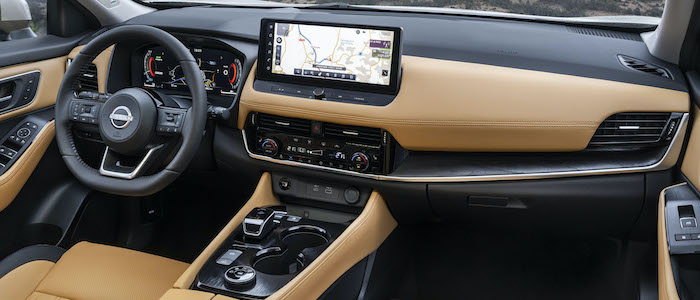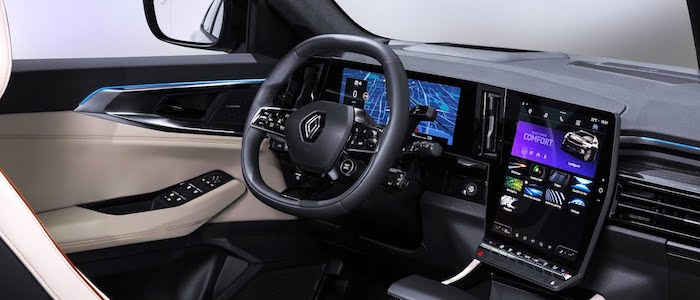Compare two cars
Compare any two cars and get our Virtual Adviser™ opinion
Dimensons & Outlines
Check vehicle history
Engine
1.2 HR12DDV Hybrid
Performance (manual gearbox)
Performance (automatic gearbox)
Expenses
Virtual Adviser's™ opinion
Two significantly similar cars, no doubt about that. Still, each one has something different to offer. Having both cars powered by hybrid engines and utilizing the 5-door suv body style within the same 'SUV' segment, the only major difference here really is their wheel drive configuration (4 x 4 for the Nissan and front in the case of the Renault). Both the engines are Nissan-engineered . The first one has a 3-cylinder, 12-valves 214hp unit, while the other one gets its power and torque from a 3-cylinder, 12-valves 200hp one.
SafetyThe first thing to look into here would be the results from European New Car Assessment Programme (Euro NCAP) tests performed on the two cars. Good thing is that both vehicles got tested, with the same number of safety stars gained in the process. Moving further on, let's take a closer look at some additional safety-related facts. Both vehicles belong to the suv segment, which is generally a very good thing safety-wise, but that fact doesn't break the tie between the two cars. Furthermore, taking kerb weight as an important factor into account, the Japanese car offers a considerable difference of 17% more metal.
ReliabilityReliability is not the best thing to consider on the make level, but it is worth mentioning that both brands display similar results in faults and breakdowns, all the models observed together. These are the official statistics, while our visitors describe reliability of Nissan with an average rating of 4.3, and models under the Renault badge with 4.2 out of 5. Unfortunatelly, I don't have enough insight that would allow me to comment in more details on the specific models level. Above it all, drivers of cars with the same engine as the Japanese car rank it on average as 3.0 out of 5, exactly the same as the other one.
Performance & Fuel economyNissan is undoubtly more agile, reaching 100km/h in 1.8 seconds less than its competitor. In addition to that it accelerates all the way to 180 kilometers per hour, 6km/h more than the other car. When it comes to fuel economy the winner has to be the French car, averaging around 5 liters of fuel per 100 kilometers (57 mpg), in combined cycle. We can't ignore that 38% difference compared to the Japanese car.
Verdict
Nissan appears just a bit more reliable, although the difference is truly marginal. The most important thing when deciding between any two vehicles should always be safety, both passive and active. In my opinion, everything taken into account, the Japanese car offers significantly better overall protection, taking the lead here. It all continues in the same direction, with Nissan outracing its opponent in any situation possible, making it better choice for boy racers. It does come at a cost though, and that's the fuel consumption... It's really tough to make a final decision here, but if I'd need to, I'd say Nissan. In any case that's my personal view, built upon all the data available to me. What should decide here though is the way you feel about the two vehicles, and I hope you'll find my guidelines useful in the process. Also, you could use the oportunity to find out which car, everything taken into account, would be the perfect choice for you in the eyes of the virtual adviser™, out of 12.000+ vehicles we currently have in our database.































